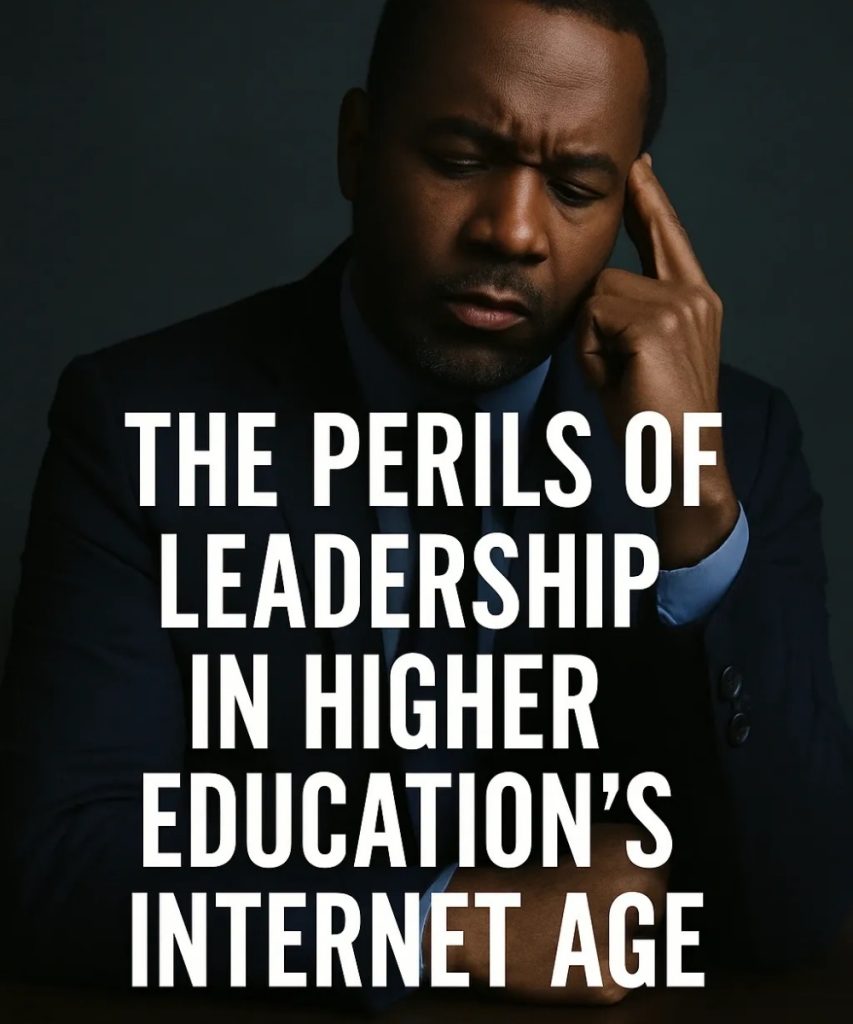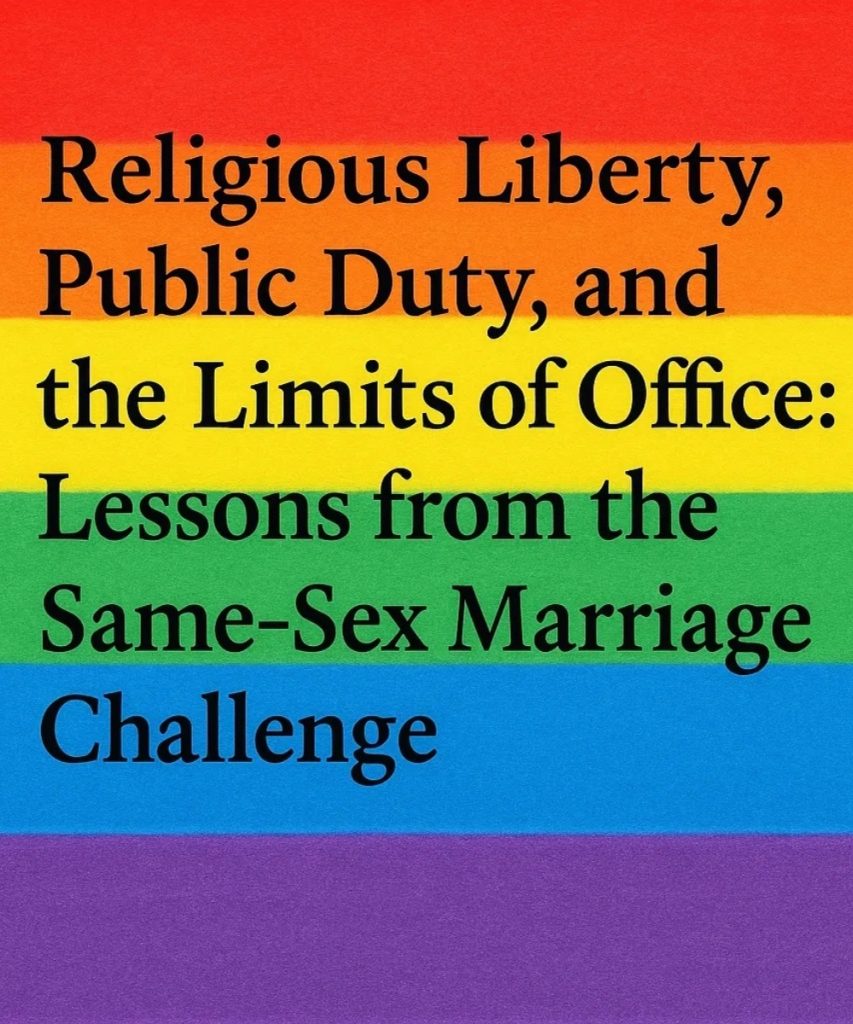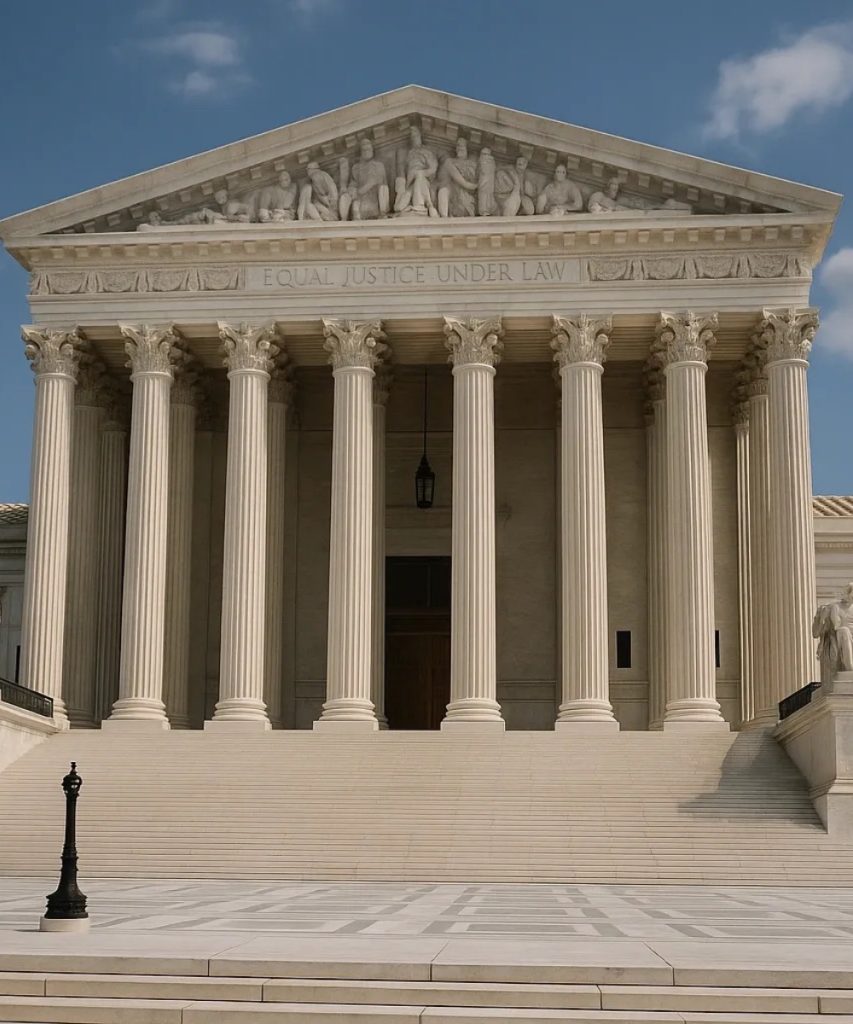President A. Zachary Faison Jr. of Edward Waters University recently provoked deep thought when he posted on LinkedIn about what he called the “perils of leadership.” He wrote candidly that leaders must accept three realities. Leaders will have to make difficult decisions that people will not like. They will often be misunderstood without the opportunity to fully explain themselves. Finally, they must endure being disliked and harshly criticized.
His reflection struck a chord with me. I have held leadership roles in higher education and the nonprofit sector, and I thought I understood the weight of the position. Yet his words gave language to feelings I had long carried but never articulated. They helped me see why leadership so often feels lonely, why decisions made with integrity are sometimes received with anger, and why the role of stewarding an institution can feel thankless.
I have not been able to stop reflecting on his post. It has prompted me to ask a larger question: what does it mean to lead in higher education today. How do leaders navigate an internet age where gossip spreads faster than truth, where cancel culture can erase years of service in a single viral post, and where race compounds the scrutiny that leaders face.
Leadership Has Always Been Hard
Leadership has never been easy. Anyone who has sat in the chair knows that decisions often come down to choosing between two imperfect options. Leaders are blamed for failures even when circumstances were beyond their control. They are expected to stand firm in the face of storms while also being compassionate toward the communities they serve.
President Faison’s post reminded me that to lead is to accept these paradoxes. It is to recognize that criticism, misunderstanding, and loneliness are part of the role. Leadership demands resilience long before it offers recognition. To take up leadership is to agree to be judged, often without mercy, while still pressing forward for the greater good.
The Internet Makes It Harder
What has changed in the twenty-first century is the speed and scale of judgment. Social media has given everyone a platform to weigh in instantly, regardless of context or expertise. The pace of online outrage means that decisions are judged in real time, often before leaders even have the chance to explain themselves. Gossip can quickly masquerade as fact, and sensational headlines travel faster than careful explanations or nuanced details.
Cancel culture adds another layer of difficulty. Leaders can spend years building trust and still find their reputations unraveled by a single misstep, a poorly worded comment, or even an old statement pulled from the past. The internet rarely forgets, and forgiveness is hard to come by in a climate where the loudest voices dominate the narrative. This makes higher education leadership uniquely precarious. Presidents and executives are not only accountable to their boards, students, and faculty, but also to thousands of strangers online who may know little about the complexities of institutional survival.
Race Makes It Harder Still
For leaders of color, the challenges are even greater. As a nation, we continue to hold leaders of color to higher standards. They are expected to be flawless in ways that their peers are not. Any misstep is amplified, and criticism often takes on racial or gendered undertones that make their leadership journey even more difficult.
We see this reality in politics with leaders like Vice President Kamala Harris, whose qualifications are often dismissed while her every gesture and word are dissected. We also see it in higher education with leaders of historically Black colleges and universities, who carry the dual burden of leading underfunded institutions while navigating societal bias. Consider the recent experience of Saint Augustine’s University. Its president, Dr. Christine Johnson McPhail, made painful choices in an effort to keep the institution alive during a financial crisis. Some of those decisions were deeply unpopular, and she was eventually dismissed. This story reflects the reality that leaders of color, particularly women, are often criticized not only for their choices but also for daring to lead under impossible conditions.
Even at elite institutions, leaders of color have been subject to sharper attacks than their predecessors. Harvard’s first Black president, Claudine Gay, resigned in early 2024 after weeks of relentless pressure. Many observers noted that the criticism directed at her was harsher and more personal than what her white predecessors experienced. The scrutiny faced by these leaders reveals how race magnifies the already heavy burdens of leadership.
The Paradox of Expectation
What troubles me most is the paradox we have created in our society. On one hand, the public demands bold and principled leadership. On the other hand, those same leaders are punished when they take bold and principled stances. The result is a leadership climate in which every choice carries severe consequences, no matter the outcome.
We saw this paradox at work at Harvard and Columbia during their highly publicized clashes with political forces. One institution stood firm and was criticized for being inflexible. The other compromised and was criticized for being cowardly. Both were condemned, Harvard for refusing to yield and Columbia for conceding too much. If even the most resourced universities are punished regardless of their decisions, what hope do underfunded colleges and nonprofits have when faced with equally impossible choices.
A Call for Grace and Context
The cumulative effect is clear. Fewer talented people are willing to step into leadership. Rising presidents and nonprofit executives see how their peers are treated, the vitriol, the personal attacks, and the lack of grace, and they ask themselves whether the job is worth it. This trend threatens to leave critical institutions without capable leaders at the very moment they need them most.
I believe deeply in accountability. Leaders should be questioned, challenged, and held to high standards. Yet accountability without context becomes cruelty. Critique without grace becomes sabotage. Higher education cannot afford to chase away its most promising leaders by creating a climate where mistakes are not tolerated and where context is ignored.
If we want courageous and diverse leaders in higher education, we must learn to evaluate leadership with fairness. That means asking whether we have the full story before passing judgment. It means considering intent as well as outcome. It also means remembering that leadership decisions are often made under enormous pressure with imperfect options.
President Faison’s words helped me see more clearly that leadership will always involve hard choices, misunderstandings, and criticism. What we can change is how we respond as a community. We can choose discernment over gossip. We can choose empathy over vitriol. We can choose accountability over cancellation.
If we want the next generation of leaders to step forward, especially leaders of color who bring vital perspectives to higher education, then we owe them not just our critique but also our grace.



